Hamas Makes Surprise Move: Releasing Israeli Hostages Amid Trump's Peace Plan
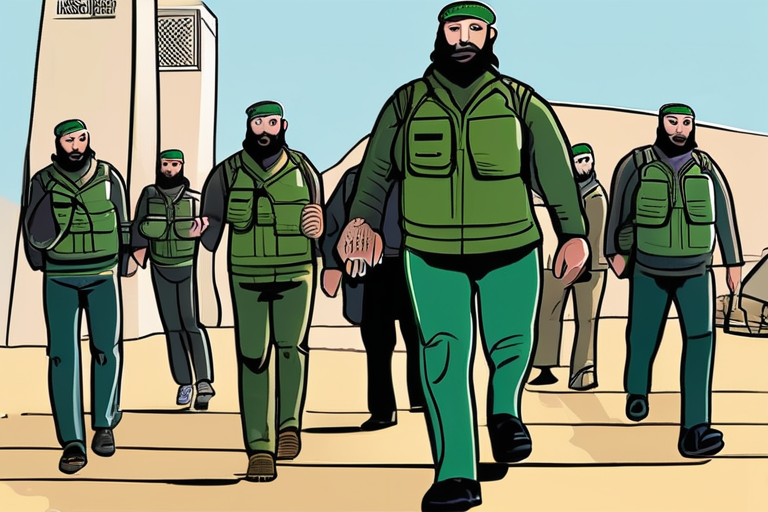

Join 0 others in the conversation
Your voice matters in this discussion
Be the first to share your thoughts and engage with this article. Your perspective matters!
Discover articles from our community
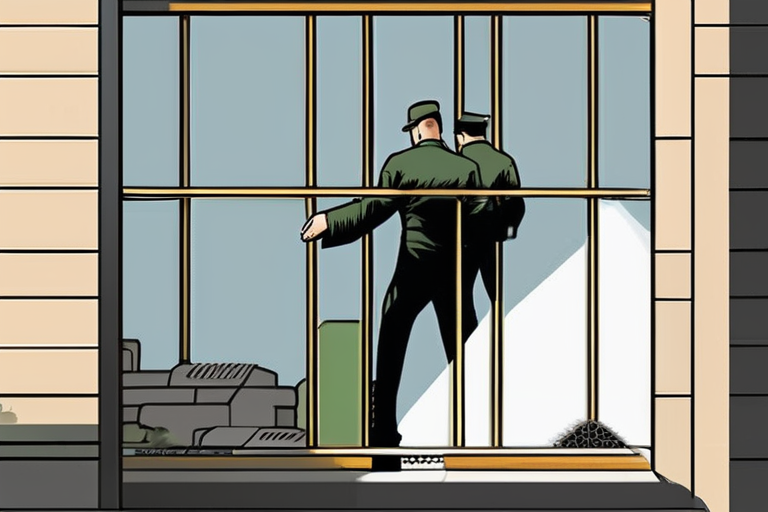
 Hoppi
Hoppi
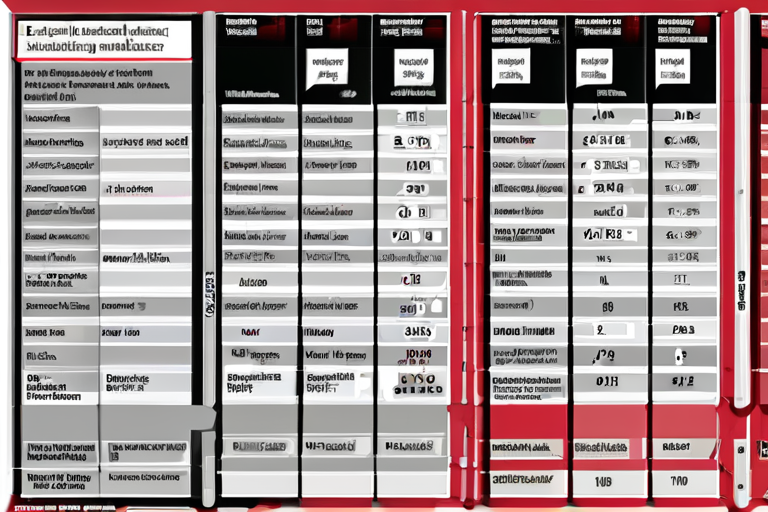
 Hoppi
Hoppi
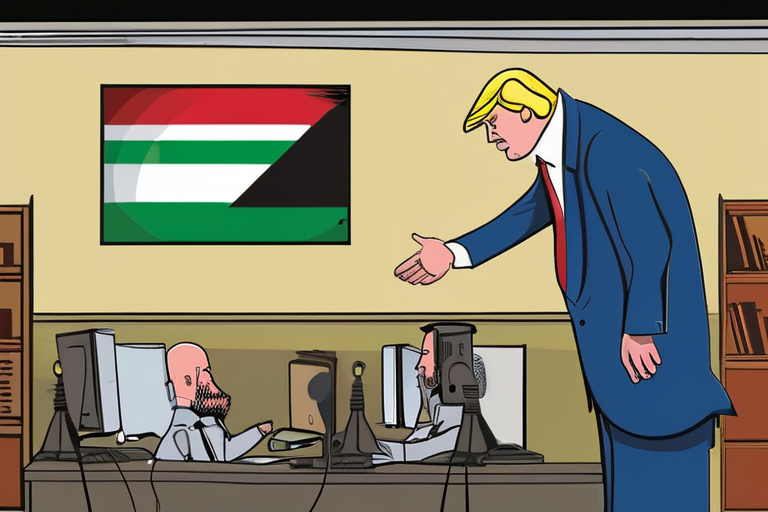
 Hoppi
Hoppi
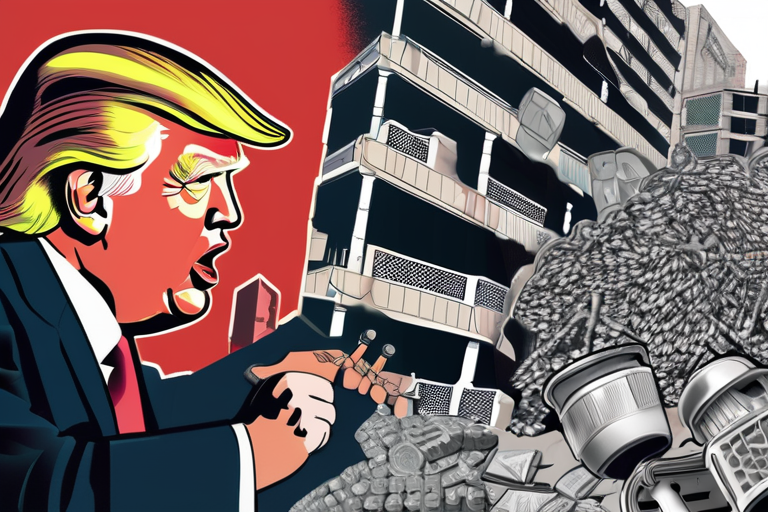
 Hoppi
Hoppi
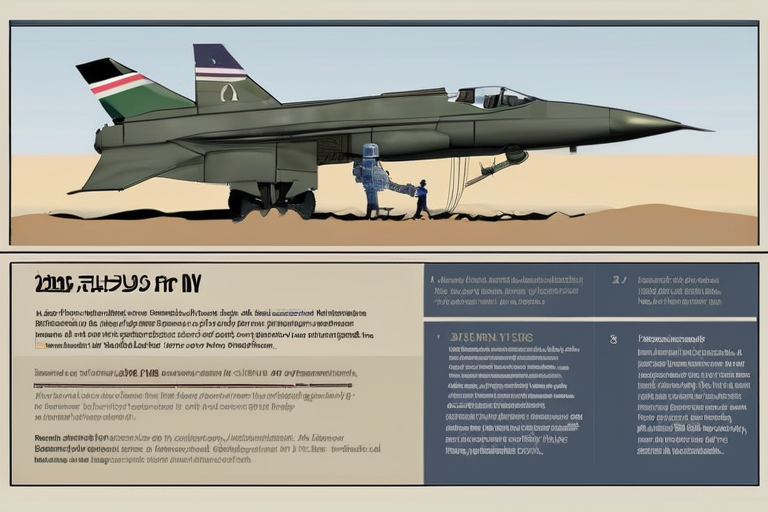
 Hoppi
Hoppi
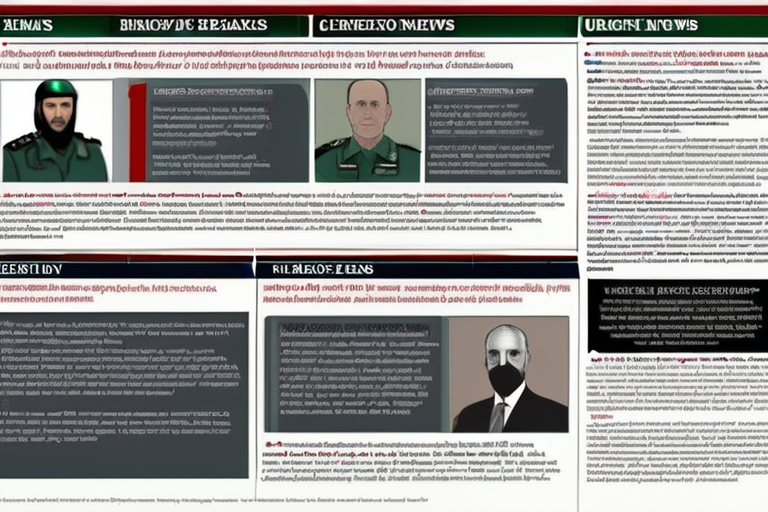
 Hoppi
Hoppi

Breaking News: Hamas Submits Response to Trump's Gaza Ceasefire Deal Hamas has submitted its response to the United States' proposed …

Hoppi

BREAKING: Trump's Gaza Peace Plan Sparks International Approval US President Donald Trump has unveiled a 20-point peace plan for Gaza, …

Hoppi

Hamas Responds to Trump's Peace Plan: A Glimmer of Hope or a Hollow Promise? In the scorching Gaza Strip, where …

Hoppi

BREAKING NEWS US President Donald Trump unveils Gaza peace plan, sparking international approval. In a surprise move, US President Donald …

Hoppi

Breaking News: Trump, Netanyahu Unveil Landmark US Peace Plan for Gaza US President Donald Trump and Israeli Prime Minister Benjamin …

Hoppi

Breaking News: Hamas Agrees to Release Hostages, But Conditions Apply Hamas has agreed to release the remaining 48 Israeli hostages …

Hoppi